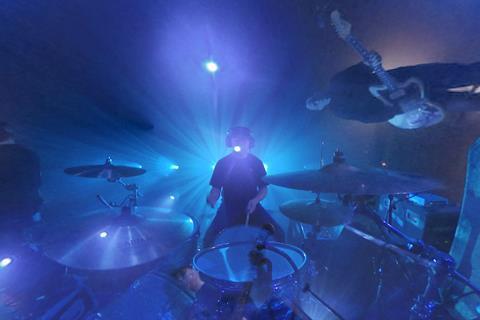
Of the international films screening in competition at the 32nd edition of the UK’s Raindance Film Festival this month, 90% are debut features from around the world.
Six of the directors talk to Screen about the tenacity needed to get their first films made.
Erol Afşin
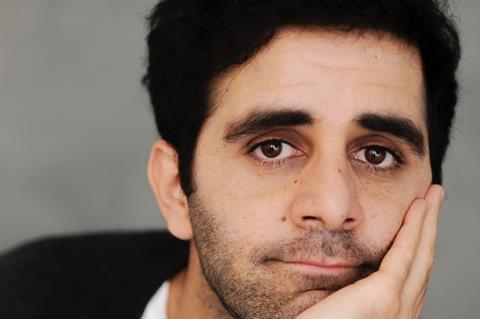
Actor-turned-filmmaker Erol Afşin’s It’s Burning is inspired by the real life court case that exposed the everyday racism in Germany. It details the story of a family whose life is forever changed after a racially motivated motivated attack in a playground on a mother.
“The incident struck me deeply,” says Afşin of why he made it the subject of his first feature.
Born in Turkey, Afşin came to Germany aged 19 to pursue his passion for the arts. Fellow actor Kida Khodr Ramadan – who ended up starring in It’s Burning and boasts a producer credit – promised to help Afşin make the film and introduced him to German producers Hannes Heidenreich and Christoph Fisser.
Afşin continues to act to make money so he can find the time to develop other stories. His next feature is Cenk: Dreams Behind the Scenes, inspired by the making of It’s Burning and the ending of Taste of Cherry by Abbas Kiarostami.
Luka Beradze
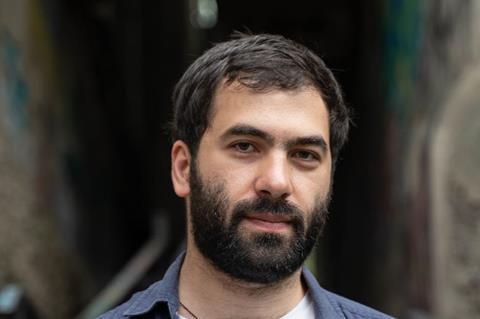
Georgian filmmaker Luka Beradze’s feature documentary Smiling Georgia began life as a short film examining the impact of half-truths from politicians on ordinary people.
In 2012’s race for re-election the Georgian president promised subsidised dental care to the country’s least well off. As medical practitioners began removing rotten teeth with the promise of replacements in the months that followed, the president lost and the electorate’s smiles disappeared.
Financed by the GNFC (Georgian National Film Centre) as a short, a trio of Georgian film companies produced the feature - 1991 Productions, Colour of May and Enkeny films. German fund NWR backed Beradze’s project.
Beradze filmed in Imereti, Georgia’s most populace region. “For me the biggest challenge was that eight years had passed since this political campaign,” says Beradze.
Sometimes working as an actor and assistant director to help pay bills, Beradze’s next project is Disposable, a dark comedy about two boys, a grandmother’s funeral and the pursuit of group sex.
Antony Crook
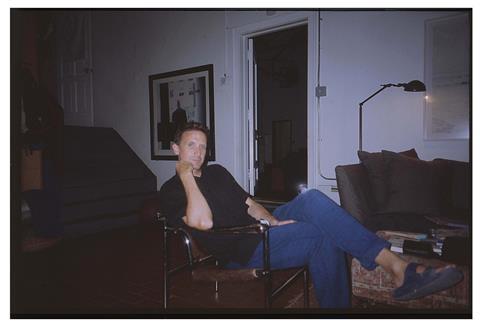
Photographer, commercials and music video maestro Antony Crook taught himself how to film edit while making Mogwai: If the Stars Had a Sound, a documentary about the titular Scottish post-rock band.
Having collaborated with Mogwai for years using photography and music videos, Crook and Mogwai’s musicians — Stuart Braithwaite, Barry Burns, Dominic Aitchison and Martin Bulloch — approached Screen Scotland via contacts through the band’s management.
“When we had about 30 minutes of the film edited, we were able to use this to bring in more ‘industry financing’ to finish it including Italian film fund FVG.”
The film is produced by Kyrie MacTavish with Naysun Alae-Carew for Scotland’s Blazing Griffin; with Marco Colombo and Mattia Della Puppa for Italy’s Adler Entertainment. Executive producers are Crook, Ray Black, Mark Thomas, Lauren Lamarr and Orian Williams. The film secured £75,374 through Screen Scotland’s Film Development and Production Fund support.
Peter Porta
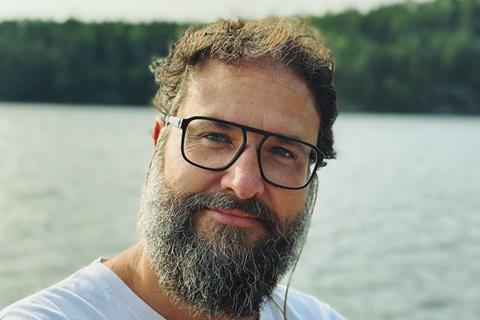
Branded content creator Peter Porta’s The Click Trap is a documentary which probes the dark side of the digital advertising economy. Portas’ film looks at the claim that new advertising technology, monopolised by big tech companies, has turned hate and mis and disinformation into a profitable business opportunity, exploited by cyber scammers worldwide.
“From day one, there was a constant discussion with my producers and we kept asking, ‘how do we make this film less about the internet and more about people and the real-world impact of digital advertising?’,” says Porta.
The Click Trap is a France-Spain co-production for which Porta partnered with producers at Polar Star Films in Barcelona and Yuzu Productions in Paris. The film was made in co-production with ARTE GEIE, RTVE, with the collaboration of RTS, RTBF, DPG Media, TeléQuébec, YLE and Al Asharq, supported by MEDIA Creative Europe, CNC, ICEC and Procirep.
As he makes commercials, TV shows, and campaigns for global brands and agencies, Portas says he is always jotting down ideas and researching potential stories. “Many ideas don’t make it past the early stages, but this sort of ‘natural selection’ process ensures that only the strongest concepts survive.”
Rozália Szeleczki
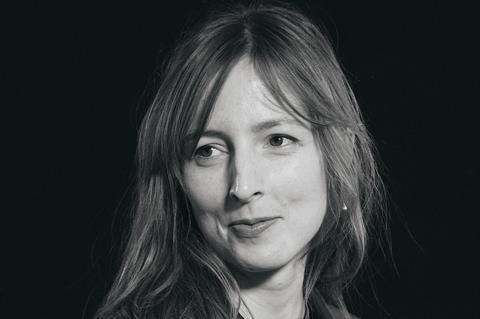
Directed and co-written by Hungarian filmmaker Rozália Szeleczki with co-writer Zsófia Kemény, Cat Call centres on a 30-year old woman who has given up on finding love but finds herself being courted by a macho black cat.
Cat Call was made and financed within the framework of the Hungarian National Film Institute (NFI) ’s incubator programme for debut filmmakers.
“We shot a teaser for the film to convince the incubator jury that the talking cat concept was feasible, not just on paper,” Szeleczki explains.
Produced by Petra Iványi for Lupa Pictures, Cat Call is co-produced by RTL Hungary, supported by the NFI. A former artist and designer, Szeleczki has directed TV programmes, commercials and music videos to keep the wolf from the door and stay sharp.
Next up is a feature about a man who is a mind reader.
Grazia Tricarico
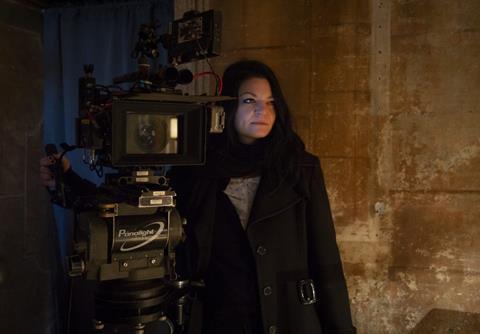
Italian filmmaker Grazia Tricarico’s directorial debut Body Odyssey details the story of a 45-year-old female bodybuilder obsessed by an ideal of perfection and beauty and her relationship with her body and mind.
“It took 10 years from the initial idea to its completion, and it was my personal odyssey,” Tricario says. “There were many moments when I thought about giving up, but at the same time, I felt that the strength of the idea and the writing would make the difference.”
The film was produced by Italy’s REVOK and made as an Italy-Switzerland co-production, with support from RAI Cinema, Italy’s Ministry of Culture and Regione Lazio. Swiss backing came from Amka Film, which corralled backing from the Swiss Ministry and broadcaster RSI.
Tricarico is now working with her Body Odyssey writers and collaborators Marco Morana and Giulio Rizzo on her next feature The Ornament, an 18th century drama exploring themes of power and oppression.















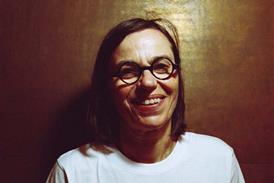









No comments yet